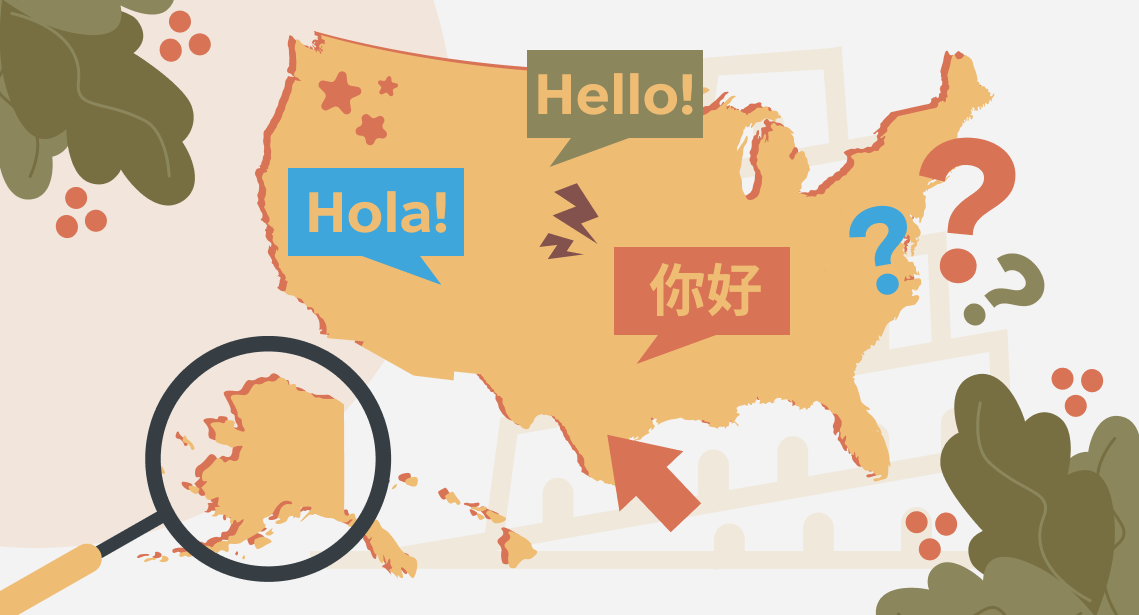How to Make Sure You Fail a Translation Test

We have written before about why a lot of agencies will ask you to complete a test assignment, and why you can’t hold it against them. If you are taking a translation test, here’s some unhelpful advice from the editor who is always marking applicants’ test translations.
My mom says I'm a great translator—the editor is bound to feel the same
The important thing with test assignments is to spend as little time on them as possible. It’s a test, not a real job. Do the translation between other tasks, quickly throwing together the text—that’s all a decent editor needs to assess how much of a professional you are. The outsourcer will quickly see what sort of person they’re dealing with—they’ll get back in touch and immediately entrust you with a big project. If your hastily cobbled-together text isn’t enough for them to make that realization, that’s their problem.
Enhance the source text
The test text is likely to be boring, so you’ll want to enhance it with epithets and metaphors. Instead of “Japan,” use “Land of the Rising Sun”; instead of “Australia,” use “Down Under,” and so on. If you come across a description of a person’s appearance, don’t just translate it—describe how you imagine that person yourself. On the other hand, the most boring parts can be skipped out altogether—no one’s interested in them anyway.
Word is your everything
If you believe Windows XP and Word are all a translator needs for their work, but you get asked to submit your translation in Trados Studio, there’s no point reading the instructions for submitting files. After all, you’re a translator, not a system administrator. The nuances of language are your domain, not file formats, segments, and term bases. Tags are for programmers. One medical translator got outraged after being accused of making a mistake when he put the tags in the wrong place: “Why should I have to figure out those little squiggles?”
Context? Nope, never heard of it
If there’s anything unclear in the text, don’t bother Google with it or try to figure out what it means. Language is rich—one word can have dozens of different meanings, sometimes even opposite ones. Dispute it with the editor, using any online dictionary to back up your argument. If the meaning of the text is distorted or lost entirely, it has nothing to do with you—that’s how it was in the source text. Translation is a creative pursuit: you have every right to choose from any of the possible meanings.
The broader your profile is, the more jobs you'll get!
When you specify the subject areas you work in—don’t be shy. I mean, you’ve seen “House,” haven’t you?—so go ahead and put it in: “I do medical translations.” If there’s anything wrong, the doctors can sort it out.
And you must put down “marketing.” It’s the easiest kind of translation. The trick is to choose long, fancy words. Solid experience in the implementation of sentence constructions with an abundance of abstract nouns ensures a premium experience for the end user and guarantees a comprehensive understanding of what is written without the need for multiple readings.
Who said machine translation was a bad thing?
There are lots of articles online about machine translation. There’s a reason the programmers at Google developed Google Translate, after all. Run the text through it, correct some of the punctuation points, and submit it as your own. It’s low effort, high reward—more profit! The person checking your work won’t notice a thing. And anyway, who says you’re not allowed to use machine translation? I mean, it’s still translation, only it’s done by a machine.
Deadlines are for losers
Test assignments don’t need to be submitted in the agreed time frame. The important thing is to show the outsourcer you’re a busy person—you’ll do the assignment when you can. You won’t gain anything by showing off how punctual you are right away. Deadlines are just a meaningless formality.
So, they're going to criticize me, too?
If the outsourcer not only doesn’t accept your work but sends you a review of your test assignment with a list of mistakes, give them a piece of your mind! Point out that “Other clients don’t have a problem!” Explain that “Anyone who reads those instructions still wouldn’t know the difference between a router and a modem.”
You might also want to remind them what an esteemed specialist you are, where you studied, and how many degrees you have. Add some weight to your email: put a few more exclamation points in there, write in capital letters, and your anger slip in some grammatical errors—this will make it look more real and convincing. After you send an email like that, the outsourcer will realize their mistake and change their opinion of you.
My email address is part of my personality
Send your test assignment from a catchy, memorable email address like peaches123, orc_slayer99, or ganja_steve. Or do the opposite—give yourself a nickname like 7^fFJs%kd02 and give the game away.
For the subject heading, use something unhelpful like “Text” or “Translation.” Make the editor sit up and think about what the text is and who it’s from. Better yet—leave the subject empty.
All this will help you come across as an eclectic, creative person. And the editor who checks your work will remember you.
* * *
In all seriousness, we sincerely wish you luck on your test assignments. There aren’t a lot of good translators out there, and we’d be happy to see you do well. We can’t turn you into a good translator, but we can tell you what is guaranteed to stop you from ever becoming one.




